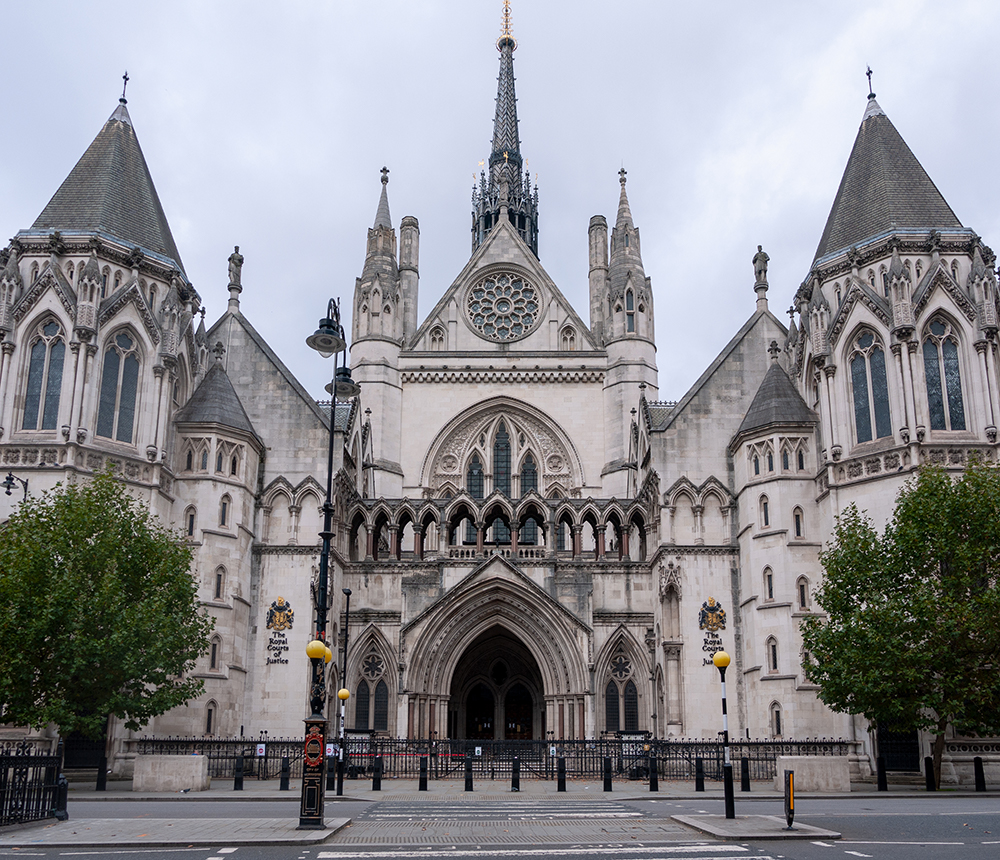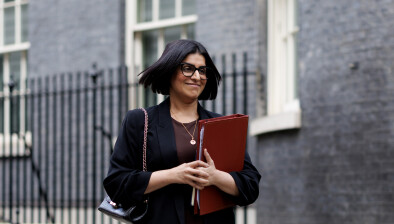UK to require judicial authorisation before interception of journalists’ material

UK government plans to require judicial authorisation before intelligence services can intercept and retain confidential material held by journalists has been welcomed as a victory for press freedom.
The National Union of Journalists (NUJ) today welcomed the government’s announcement, which comes ahead of an appeal by civil liberties organisation Liberty over a July 2019 ruling over the lawfulness of bulk surveillance powers.
The High Court in London ruled in 2019 that the Investigatory Powers Act 2016, dubbed the “snoopers’ charter” by its critics, includes adequate safeguards against the possible abuse of power.
Liberty’s appeal is supported by the NUJ, which took the lead in arguing the issues relating to journalistic protection in the High Court.
The union said the government’s announcement had vindicated its arguments regarding the incompatibility of the 2016 Act with Article 10 of the European Convention on Human Rights.
Michelle Stanistreet, NUJ general secretary, said: “This is a brilliant victory for the NUJ over a principle which cuts to the core of journalistic practice. The inadequate safeguards to protect journalistic communications in this Act were of enormous concern and, left unchallenged, could have led to the interception of communications between journalists and their sources.
“The duty to protect sources and maintain a pledge of confidentiality is a vital one that the NUJ and its members will always stand up and defend.”
The NUJ’s lawyers said: “The protection of journalistic sources is one of the basic conditions for freedom of expression in a functioning democracy. The bulk surveillance powers in the IPA 2016 risk undermining journalists’ vital role as a public watchdog, as journalists and their sources can have little confidence that their communications will be protected from state intrusion.”
The next stage of the case is likely to be heard at the Court of Appeal in coming months.









